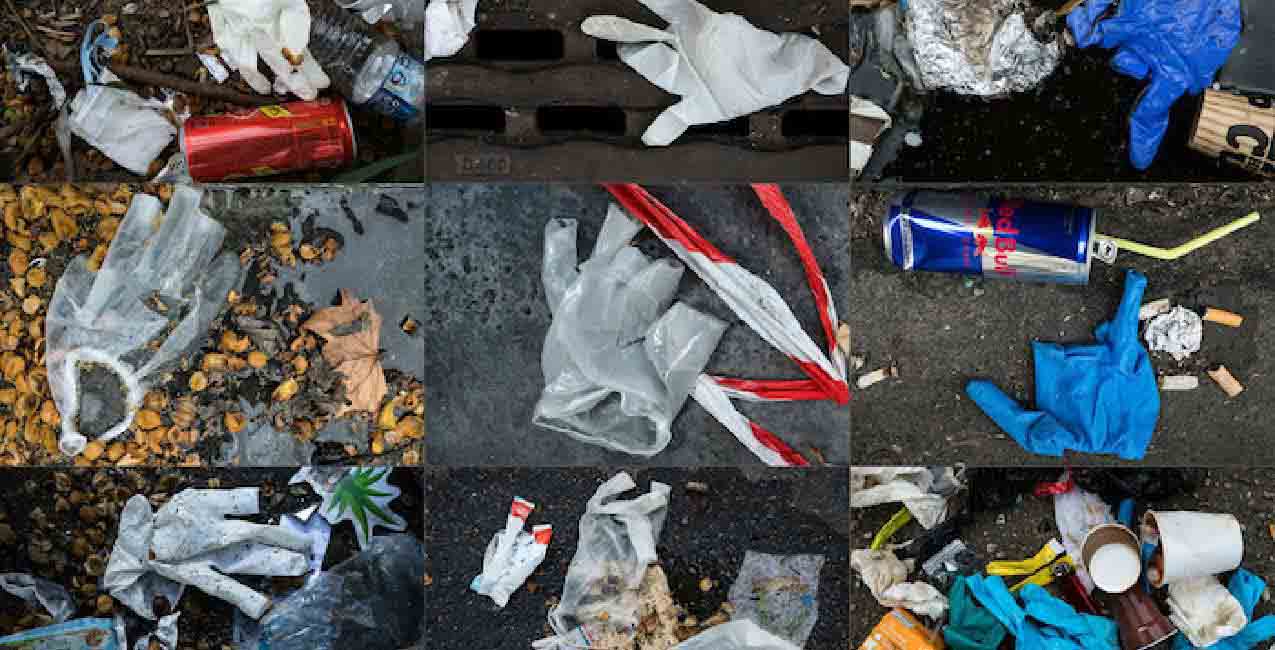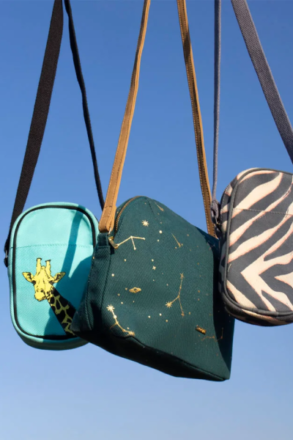- Empty cart.
- Continue Shopping
Covid and single use plastic

The COVID-19 pandemic has forced all the human beings to change their ways of life. The last two months of lockdown have taught us all how to live in a sustainable manner. We have become more efficient at working from home, learnt the difference between necessary and unnecessary travel, became self-sufficient in carrying out our daily chores, have started appreciating nature and the importance of nurturing it. All these changes have made us appreciate our relations with life, people and environment and has certainly led to an improvement in our well-being and happiness.
Despite these positive changes, one major setback which has come in between our efforts for a clean environment is the surge in demand and usage of single-use plastic products!! In the midst of concerns related to health and hygiene, people are observing loads of plastic items such as disposable wipes, bottles of sanitizers, gloves, plastic covers, etc. inside their homes. The fear of viruses staying on reusable materials has led people to buy things in plastic bags and dispose of them at once. A lot of grocery stores, restaurant owners have now switched to using plastic products again (despite the fact that the virus stays on plastic surfaces as well for a long duration). These instances have led many people and businesses to switch back to follow the unsustainable practice of using plastic bags, covers and other items on a day-to-day basis.
Many countries around the world have also lifted bans on single use plastic due to this pandemic. While there is no doubt that the use of plastic based PPE is imperative for the safety of frontline workers, individuals and businesses can certainly look out for ways to diminish their plastic consumption and in turn can reduce the burden on the environment.
One key step that individuals can take is to continue the use of reusable cloth bags that have a higher level of hygiene, however require more effort. Like we all have got into the habit of washing our hands frequently, we can also adopt the habit of washing and reusing the biodegradable cloth bags. As restaurants around the country have switched to providing takeaways and delivery services, they can also choose to continue with these cloth bags instead of plastic bags. The advantage with using the light-weight material biodegradable bags is even if they have to be disposed-off for some reason they will not pose a risk as high as plastic bags due to their eco-friendly properties.
We all have undermined the cause of reducing plastic footprint in this pandemic due to some binding reasons but we can still make an effort to reduce the ill effects of this health disaster. Our sanitation workers, waste management agencies are already facing a tough time in managing the plastic waste of PPE, sanitizer bottles, disinfectant cans, etc. Our landfills also don’t have the capacity to absorb more plastic waste. A simple initiative from our end can take off a little burden of our frontline sanitation workers.
I have been following the work of EcoRight for a while now and their range of utility bags can definitely help you in this transition. From personal experience, their grocery bags come in many different shapes and sizes and are easy to carry, wash and reuse. Multiple washes have not reduced their utility because of the high qualities of fabrics. These bags can also be used by businesses, grocery stores and restaurant owners for delivering essential items and other products of daily use.
We are all aware of the ruckus that plastic has created on our earth, pandemic led changes in consumer behavior towards increased use of plastic can have detrimental consequences in the long run. So let’s be cautious and let the pandemic not impact our sustainable habits in a negative way.
About the author:
Aakansha Jain is a researcher in the field of sustainability specializing in Sustainable Transport. She is a graduate from Madras School of Economics and Delhi University and currently works with The Energy and Resources Institute (TERI). She likes to assess how people’s travel decisions and choice of modes of transport have an impact on the economy, environment and society. She is an advocate of walking and cycling and often relies on them to compensate for her love for food!






